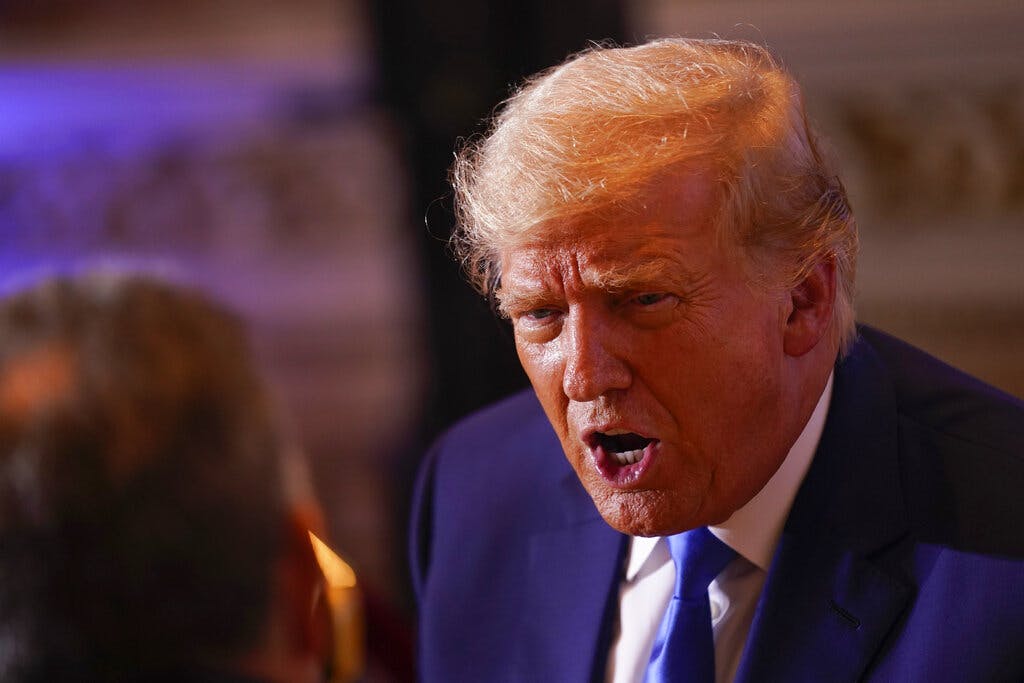
The 82nd Whitney Biennial Masters the Art of Ideological Grandstanding
By MARIO NAVES
|The moment has suddenly changed for the big announcement expected next week.

Already have a subscription? Sign in to continue reading

By MARIO NAVES
|
By LUKE FUNK
|
By THE NEW YORK SUN
|$0.01/day for 60 days
Cancel anytime
By continuing you agree to our Privacy Policy and Terms of Service.